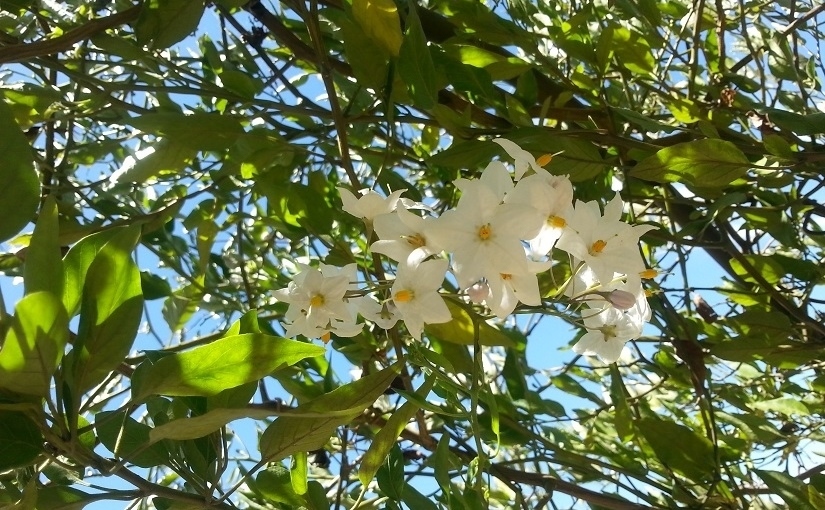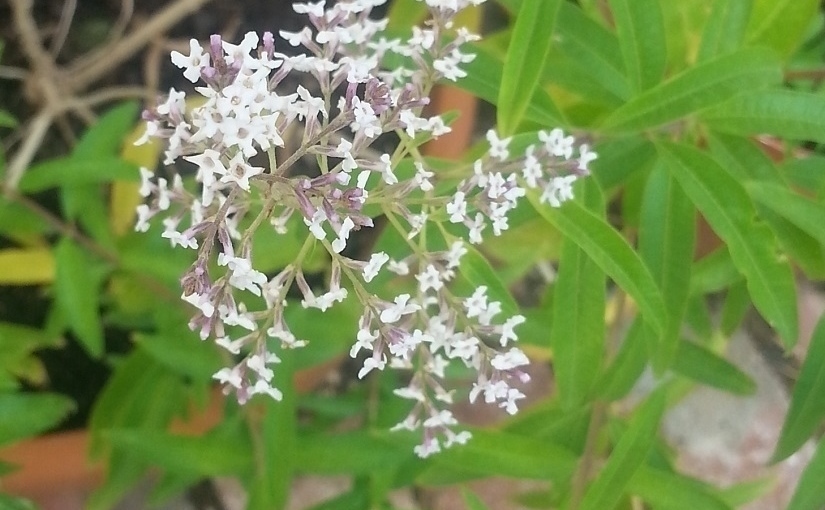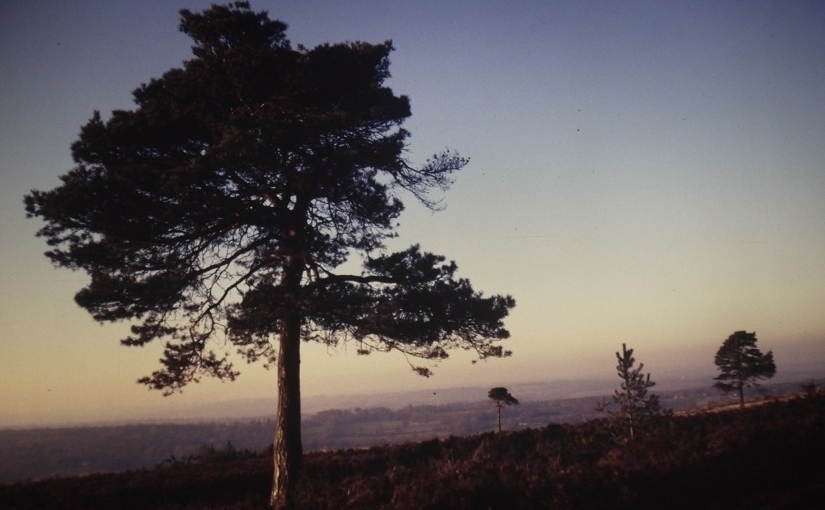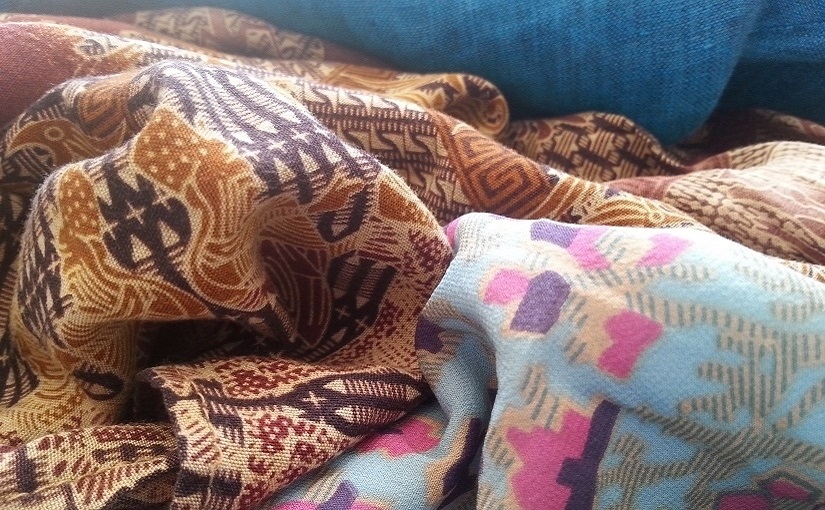It’s been a while now since I wrote of nature (see Notes One), so here I want to look again at what it offers us.
Occasionally, reports crop up articulating nature’s value for managing our inner lives (example below); suggesting that our disconnection from the natural world might be contributing to other mental, physical or social ills. And, while it’s interesting to see such ‘ancient wisdom’ re-emerging through the scientific lens, I wonder if there’s more to it than just the soothing experience of natural scenery: whether therapeutic value arises more from its inner truths.
With gardening, in a really practical sense, what we do matters: within the walls of a garden, our intentions can be nursed to fruition. Whatever we want to achieve, if we know the environment and the plants we wish to bring into it then we can create something and that something will create ripples into the world that surrounds us.
There’s truth to the climate, the seasons, and the positioning that allows or blocks light to certain areas. Also to the soil and whether it’s rich with potential, or more exhausted of that which might give rise to life. Then the wisdom of our choices and the consistency with which we tend them: if we plant the wrong thing, it may never grow or thrive; if we misunderstand its needs, it’s probably not going to work as we’d hoped.
In doing this, we place ourselves within our environment with our vision, our knowledge and our actions. We have to understand what we’re trying to achieve and that understanding should filter into what we do. We need to be responsive to changes in the weather and the seasons, as well as to threats within the ecosystem.
There’s real beauty to all of that: the vision, the presence of mind, the purposeful application of knowledge, the alertness to signs within the environment, the tuning into natural rhythms. And it’s an intensely personal creative endeavour: you imagine what you want there to be; you make it happen; and, when it does, you know it was your cooperation with nature that brought it about.
On a vast scale that becomes truly impressive. That people had the vision, foresight, commitment, and patience to plant saplings that would one day become a varied and stately parkland amazes me. Many people must have never lived to see what they imagined to be worthwhile, which is surely testament to their faith in its ultimate value.
And, taking therapy as the relieving or healing of disorder, all that must trickle down to our feeling of engagement with life: that seasons come and go, intentions may be realised or prove themselves mistaken, but behind it all there’s this truth and beauty to what’s been possible. That’s often immensely valuable and heart-warming to those involved; but also for those who take in the results, aware as they may or may not be of the thought, hope and perseverance that went into it all behind the scenes.
Notes and References:
Guardian article on links between nature, depression and overall health
Note 1: Natural World
Note 1: Living the dream
Note 1: Nature tells a story, about society
Leading on from this, there’s Gardening as therapy, the dark










